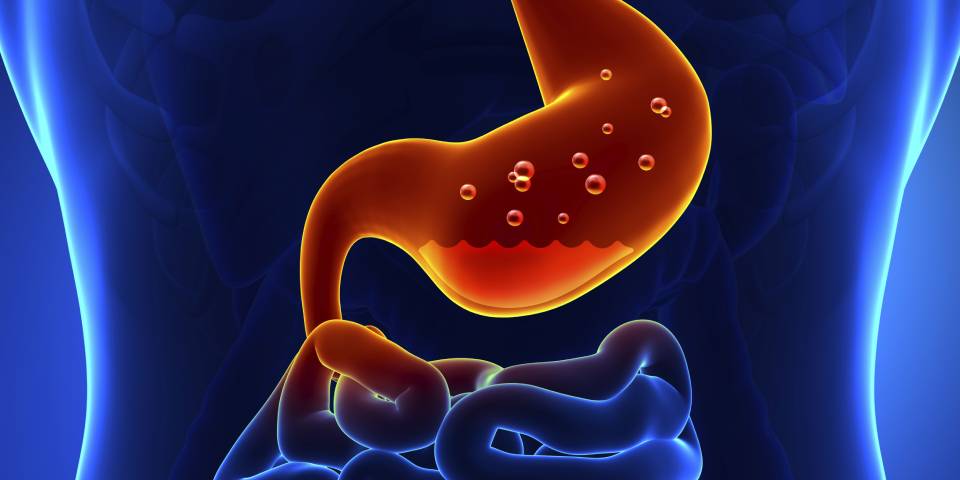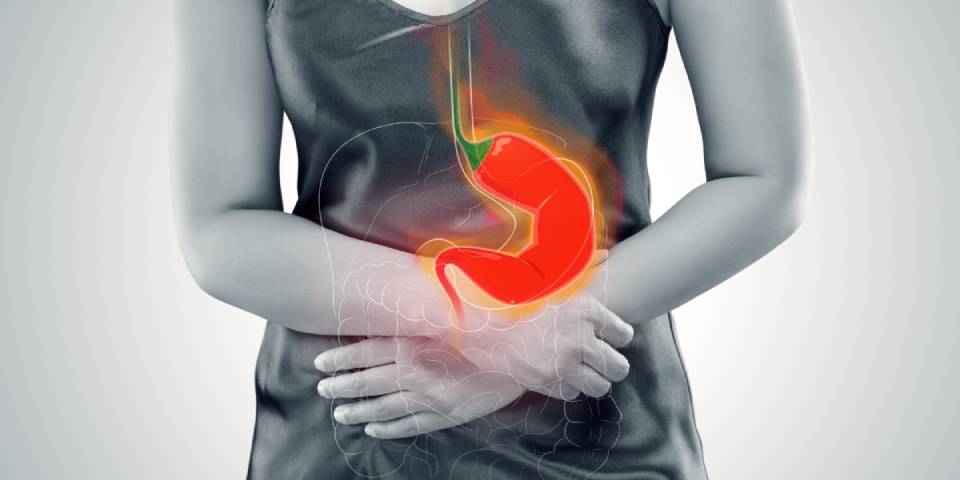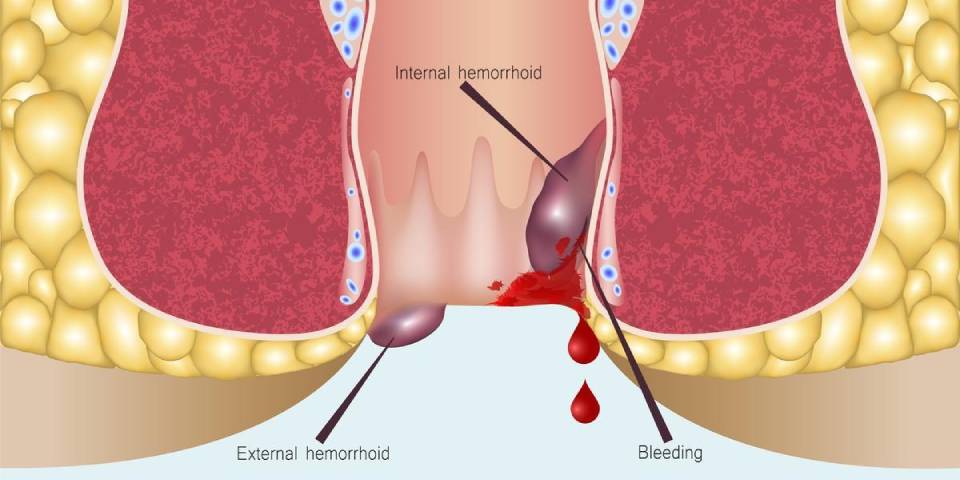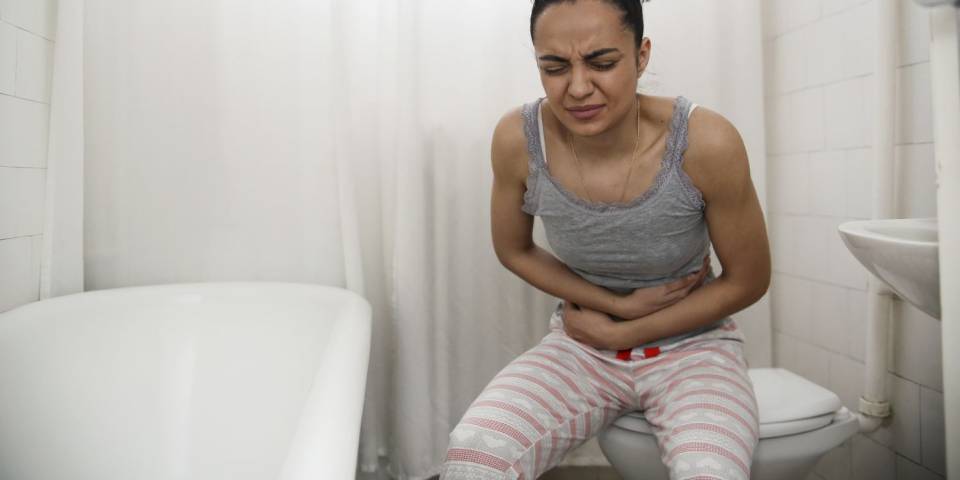Gastroesophageal Reflux Disease (GERD) is a common digestive disorder that affects millions of people worldwide, including in India. It happens when stomach acid frequently flows back into the tube connecting your mouth and stomach (oesophagus). This backwash can irritate the lining of your oesophagus and cause discomfort. If you are experiencing frequent acid reflux or heartburn, it’s important to seek expert medical advice. In Hyderabad, Dr. N.S. Babu is one of the most trusted and experienced gastroenterologist surgeons providing effective treatment for GERD and other gastrointestinal conditions.
Symptoms of GERD:
GERD symptoms can range from mild to severe and can interfere with your daily life. Some common symptoms include:
- Frequent heartburn
- Chest pain
- Difficulty swallowing (dysphagia)
- Regurgitation of food or sour liquid
- Chronic cough
- Sore throat or hoarseness
If you notice any of these symptoms, it’s crucial to consult a specialist like Dr. N.S. Babu in Hyderabad for proper diagnosis and treatment.
Causes of GERD:
Several factors can contribute to the development of GERD, such as:
- Obesity
- Pregnancy
- Hiatal hernia
- Smoking
- Consuming large meals or lying down right after eating
- Eating fatty or spicy foods
- Drinking alcohol, coffee, or carbonated drinks
Identifying the root cause with the help of an expert like Dr. N.S. Babu can make a significant difference in managing the condition effectively.
Diagnosis and Treatment of GERD:
When you visit Dr. N.S. Babu at Apollo Hospital Hyderabad or Evoke Clinic in Hyderabad, he conducts a thorough evaluation to diagnose GERD accurately. Tests may include:
- Endoscopy
- pH monitoring
- X-rays of your upper digestive system
Once the diagnosis is confirmed, Dr. N.S. Babu provides personalized treatment plans based on the severity of your condition. Treatment options include:
- Lifestyle Changes: Maintaining a healthy weight, avoiding trigger foods, and not lying down immediately after meals.
- Medications: Antacids, H2 blockers, and proton pump inhibitors (PPIs) to reduce stomach acid production.
- Surgical Options: In severe cases where medication and lifestyle changes don’t work, surgical interventions like fundoplication may be recommended. Dr. N.S. Babu is a highly skilled gastroenterologist surgeon in Hyderabad with extensive experience in performing advanced laparoscopic surgeries.
Why Choose Dr. N.S. Babu?
When it comes to GERD treatment in Hyderabad, Dr. N.S. Babu stands out for several reasons:
- Expertise and Experience: Over 15 years of experience in treating gastrointestinal disorders.
- Advanced Techniques: Skilled in laparoscopic and minimally invasive surgeries.
- Patient-Centric Approach: Provides comprehensive care from diagnosis to post-treatment follow-up.
- State-of-the-Art Facilities: Consults at leading hospitals like Apollo Hospital Hyderabad and Evoke Clinic in Hyderabad.
- Personalized Care: Tailors treatment plans based on individual patient needs.
Consult Dr. N.S. Babu Today:
If you are suffering from symptoms of GERD or any other gastrointestinal issues, don’t wait for the condition to worsen. Dr. N.S. Babu provides world-class treatment at Apollo Hospital Hyderabad and Evoke Clinic in Hyderabad. His expertise as a gastroenterologist surgeon ensures you receive the best possible care.
For any questions or to book an appointment, consult Dr. N.S. Babu today and take the first step towards better digestive health.





